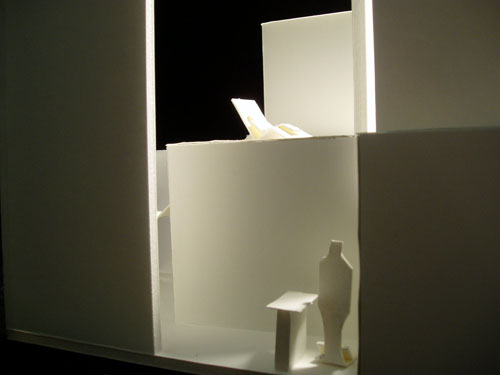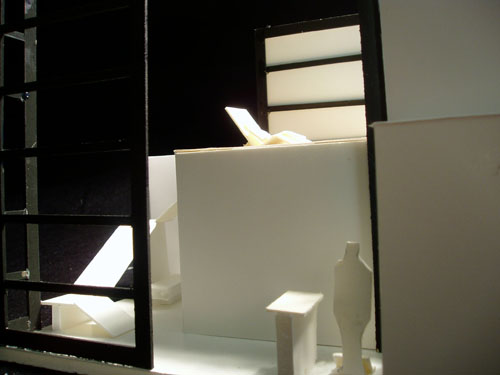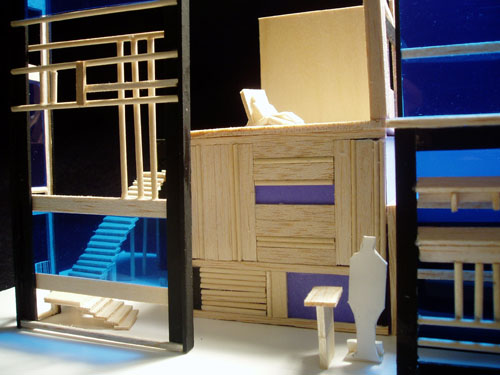
Previous entry:
A Triumph of Engineering
Next Entry:
Soft Networking
Home:
One Truth For All
| Sun | Mon | Tue | Wed | Thu | Fri | Sat |
|---|---|---|---|---|---|---|
| 1 | 2 | 3 | 4 | 5 | ||
| 6 | 7 | 8 | 9 | 10 | 11 | 12 |
| 13 | 14 | 15 | 16 | 17 | 18 | 19 |
| 20 | 21 | 22 | 23 | 24 | 25 | 26 |
| 27 | 28 | 29 | 30 | 31 |
Archives
- May 2008
- April 2008
- March 2008
- February 2008
- December 2007
- November 2007
- October 2007
- September 2007
- August 2007
- July 2007
- May 2007
- April 2007
- March 2007
- February 2007
- December 2006
- November 2006
- October 2006
- September 2006
- August 2006
- July 2006
- June 2006
- May 2006
- April 2006
- March 2006
- February 2006
- January 2006
- December 2005
- November 2005
- October 2005
- September 2005
- August 2005
- July 2005
- June 2005
- May 2005
- April 2005
- March 2005
- February 2005
- January 2005
- December 2004
- November 2004
- October 2004
- September 2004
- August 2004
- July 2004
- June 2004
- May 2004
- April 2004
- March 2004
- February 2004
- January 2004
- December 1969
February 16, 2005
Models of Complexity
Last week we worked on building complexity into our designs. We made three models of a space with a simple program (mine was a day spa with a sun deck and a pool) and increasing levels of complexity in defining the space.
...
With a low level of complexity, the space is defined entirely in blank white walls, featureless and opaque, all the same.

The same space, with a slightly higher level of complexity. I changed some walls to be screens, but simple screens, and added colour (which you can't see in this shot, but I assure you it is there). The use of the space remains the same, by requirement.

The most complex. The screens become complex, have colour and variation in member size, the walls change material, are made up of a lot of pieces instead of one monolithic piece. There are more colours and more ways of expressing colour (transparent and opaque surfaces). I am actually quite fond of this model, and making those screens was fun, if a bit fiddly.

Posted by ayse on 02/16/05 at 8:02 PM